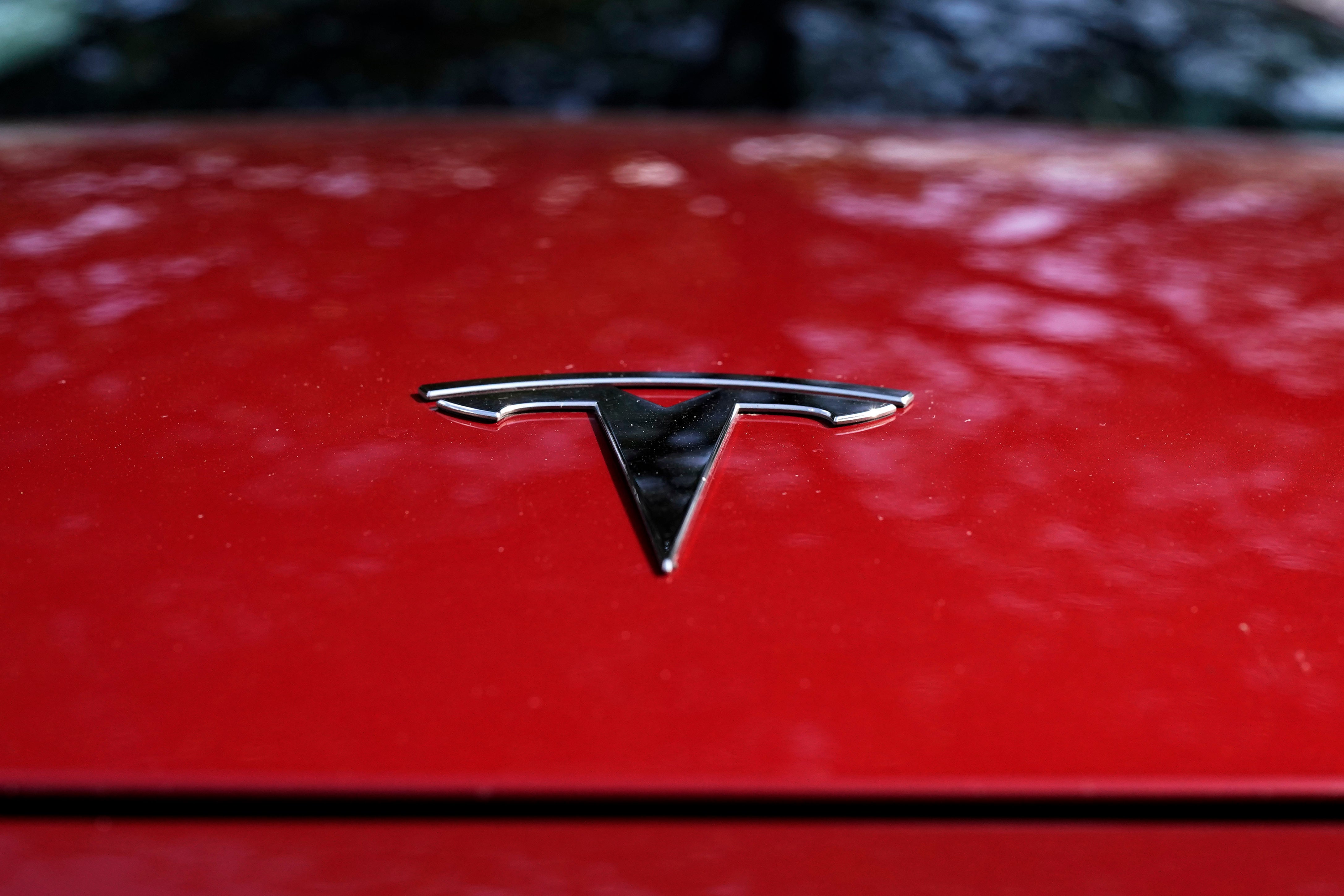New breakthrough brings batteries that charge in five minutes
Innovation could help remove ‘range anxiety’, and let electric vehicles charge incredibly quickly
Scientists have discovered new breakthroughs that could allow for batteries that charge in just a few minutes.
New innovations in battery chemistry and designs have allowed for batteries that can charge in five minutes – faster than any such battery on the market – while also managing to stay stable as they are used over a long time.

Researchers hope the breakthroughs could help the widespread adoption of electric vehicles, including by making them cheaper, as well as the development of other more sustainable ways of using technology.
One project from Cornell University has found that indium – a material mostly used to create coatings for displays and solar panels – could also allow for batteries that charge quickly and keep their storage. It has a particular combination that allows it to charge up quickly, but not lose that charge.
The scientists suggest that the new finding could make batteries smaller and more efficient, especially when compared with other technologies such as charging built into roadways, in a new paper, ‘Fast-Charge, Long-Duration Storage in Lithium Batteries‘, published in the journal Joule. They do note however that there is more work to be done: indium is heavy, so it might be better to find another material that has some of the same characteristics but without the weight.
Fast-charging batteries could transform a wide range of industries, including electric cars. Many drivers report suffering from range anxiety, or fear about how long their battery will last, which is only compounded by the fact that charging up such vehicles can mean long waits while the car is plugged in.
“Range anxiety is a greater barrier to electrification in transportation than any of the other barriers, like cost and capability of batteries, and we have identified a pathway to eliminate it using rational electrode designs,” said Lynden Archer, professor of engineering and dean of Cornell’s College of Engineering, who oversaw the project.
“If you can charge an EV battery in five minutes, I mean, gosh, you don’t need to have a battery that’s big enough for a 300-mile range. You can settle for less, which could reduce the cost of EVs, enabling wider adoption.”
As such, a wide variety of projects are being undertaken to try and speed up charging. The new research from Cornell came at the same time as engineers from the US Department of Energy’s Brookhaven National Laboratory found another innovation that significantly improves the rate at which batteries can be charged.
The researchers found that adding a compound called caesium nitrate to a part of the battery dramatically improves the charging rate of lithium metal batteries – while allowing them to keep a long life cycle.
The team behind the breakthrough are part of the Battery500 Consortium, a collaboration of labs and universities that are looking to create batteries that have an energy density of 500 watt-hours per kilogram – more than double that available today.
That will not be possible using lithium-ion batteries like those used today. Instead, scientists will have to use lithium metal batteries – which have much more energy density, but have significant problems including a seeming choice between fast charging or batteries that are able to have a long life.
The new work on those batteries, ‘An inorganic-rich but LiF-free interphase for fast charging and long cycle life lithium metal batteries’, was published recently in the journal Nature Communications.
Join our commenting forum
Join thought-provoking conversations, follow other Independent readers and see their replies
Comments
Bookmark popover
Removed from bookmarks